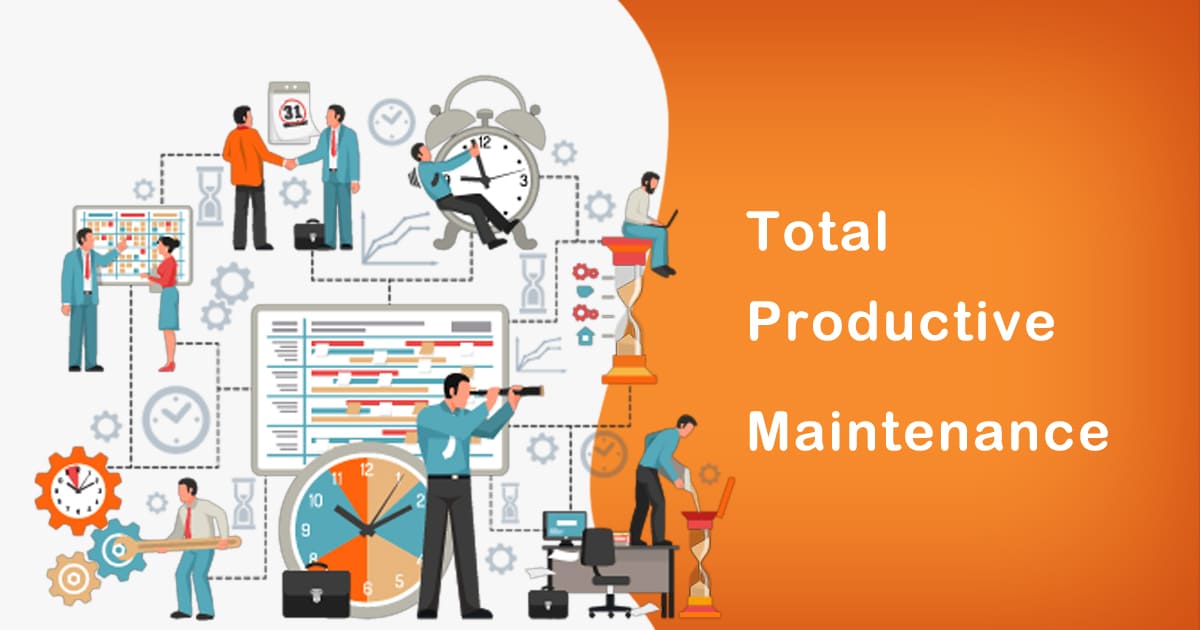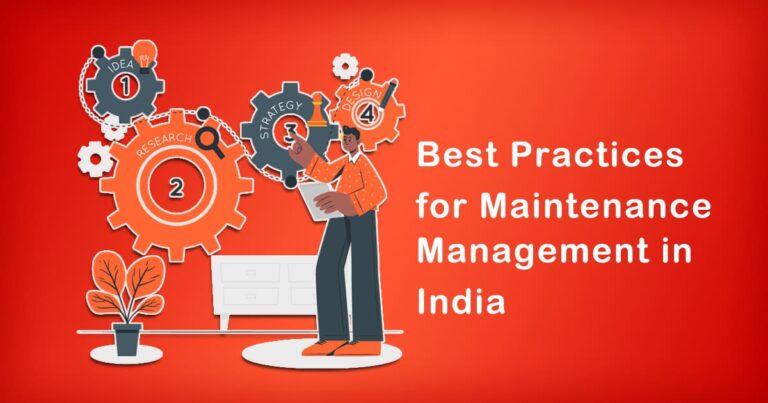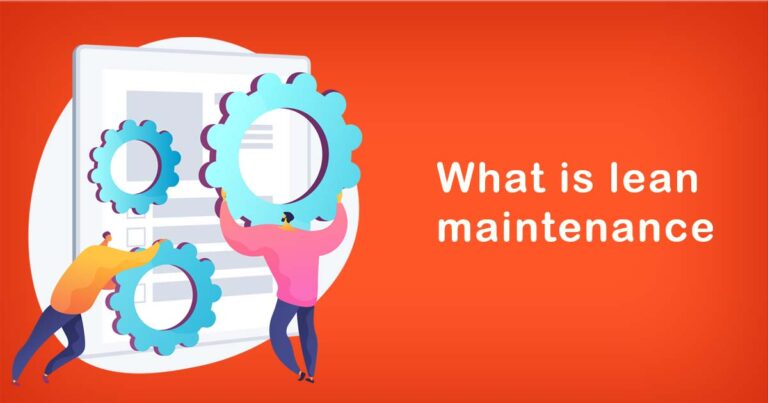Introduction:
In today’s world, the manufacturing industry has become more competitive than ever, and therefore, it is essential to implement Total Productive Maintenance (TPM) in order to reduce downtime, improve efficiency, and ultimately enhance the productivity of the organization. TPM is a comprehensive approach that involves the entire organization to ensure that equipment is in good condition and that it is used effectively. In this blog, we will be discussing everything you need to know about TPM, including its definition, benefits, and how it is implemented in an Indian context.
What is Total Productive Maintenance?
Total Productive Maintenance (TPM) is a management philosophy that aims to maximize the productivity and efficiency of equipment by involving all employees in the maintenance process. It is a holistic approach that seeks to eliminate all losses in the production process, including equipment failures, unplanned downtime, and reduced yield.
TPM is not just about maintenance but also about involving all employees in the process of continuous improvement. It is a way to create a culture of excellence and to empower employees to take ownership of the equipment and the production process.
Benefits of TPM:
Implementing TPM can bring significant benefits to an organization, such as:
1. Increased Equipment Availability:
TPM aims to minimize downtime by ensuring that equipment is always in good condition. This, in turn, leads to increased equipment availability, which means that the equipment can be used more effectively, and production can be increased.
2. Improved Quality:
By eliminating equipment failures and reducing the variability of the production process, TPM can significantly improve product quality.
3. Reduced Costs:
By eliminating waste and improving efficiency, TPM can reduce costs associated with equipment downtime, maintenance, and repairs.
4. Improved Safety:
TPM focuses on identifying and eliminating potential safety hazards, making the workplace safer for employees.
Implementation of TPM in India:
In India, TPM has gained significant popularity in the manufacturing industry, and many companies have successfully implemented it. One such example is the Tata Steel plant in Jamshedpur, which has implemented TPM and has seen significant improvements in equipment availability, quality, and cost reduction.
The implementation of TPM in India requires a cultural change within the organization. Employees need to be educated and trained on the TPM philosophy, and management needs to provide the necessary resources to support the implementation process. Furthermore, TPM implementation requires a strong commitment from the top management to ensure that all employees are involved in the process of continuous improvement.
Conclusion:
Total Productive Maintenance is a holistic approach to equipment maintenance and productivity improvement that involves all employees in the organization. It is a way to create a culture of excellence and to empower employees to take ownership of the equipment and the production process. Implementing TPM can bring significant benefits to an organization, such as increased equipment availability, improved quality, reduced costs, and improved safety. In India, TPM has gained significant popularity in the manufacturing industry, and many companies have successfully implemented it, including the Tata Steel plant in Jamshedpur. Implementing TPM in India requires a cultural change within the organization, and it requires a strong commitment from the top management to ensure that all employees are involved in the process of continuous improvement.








